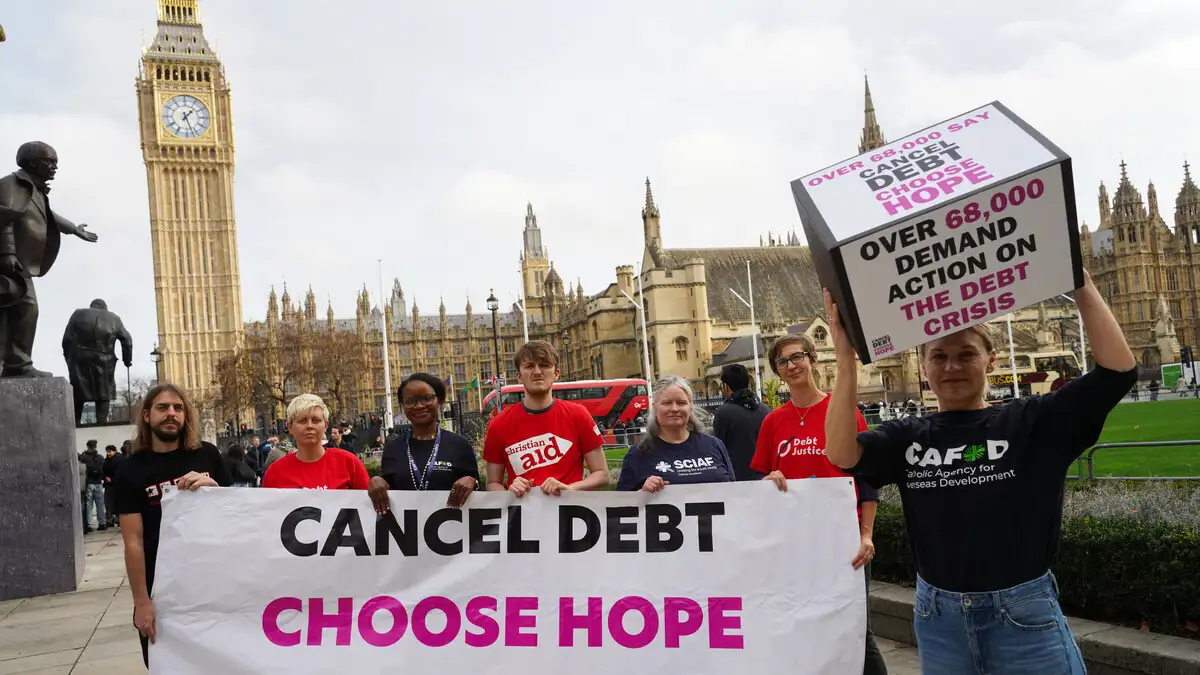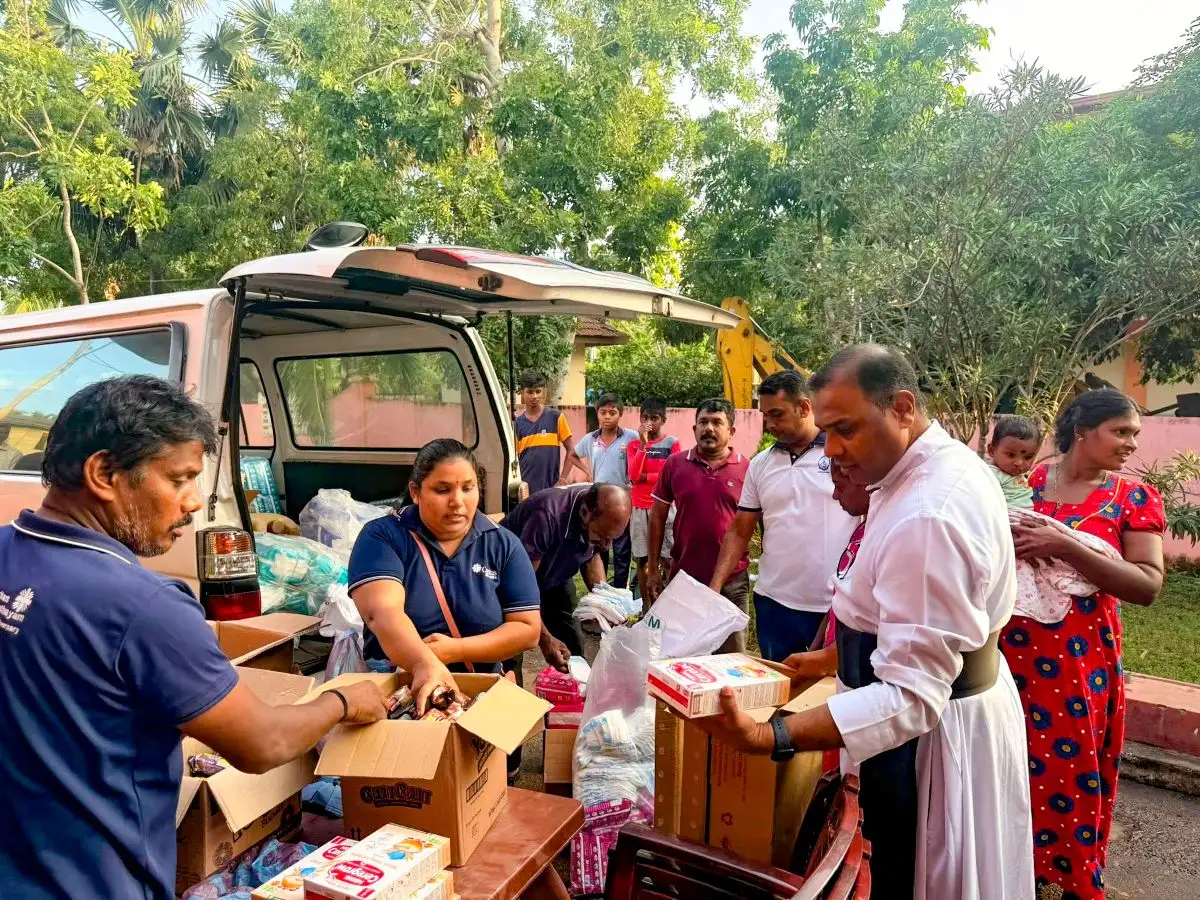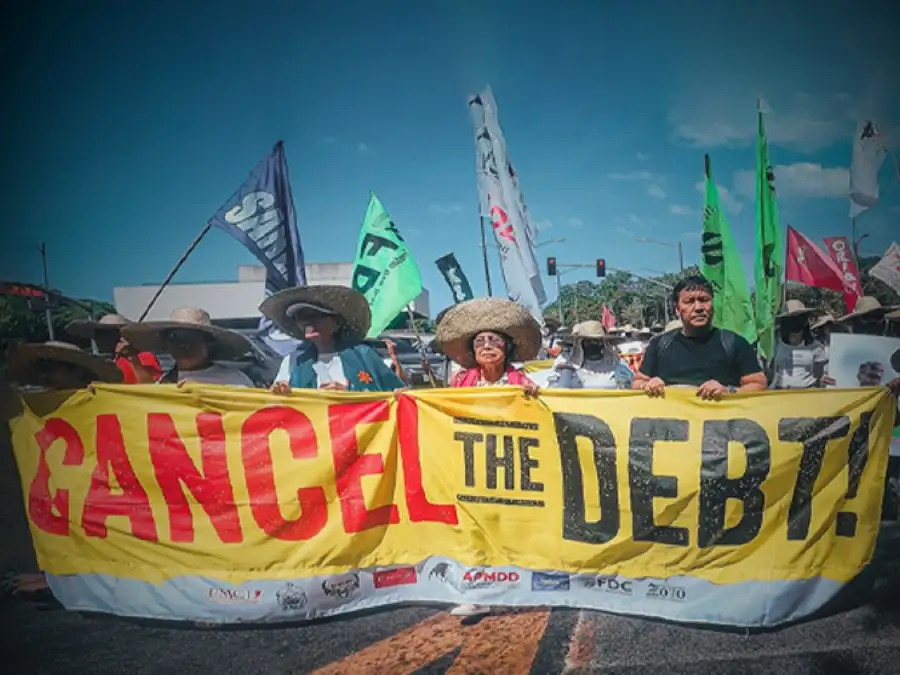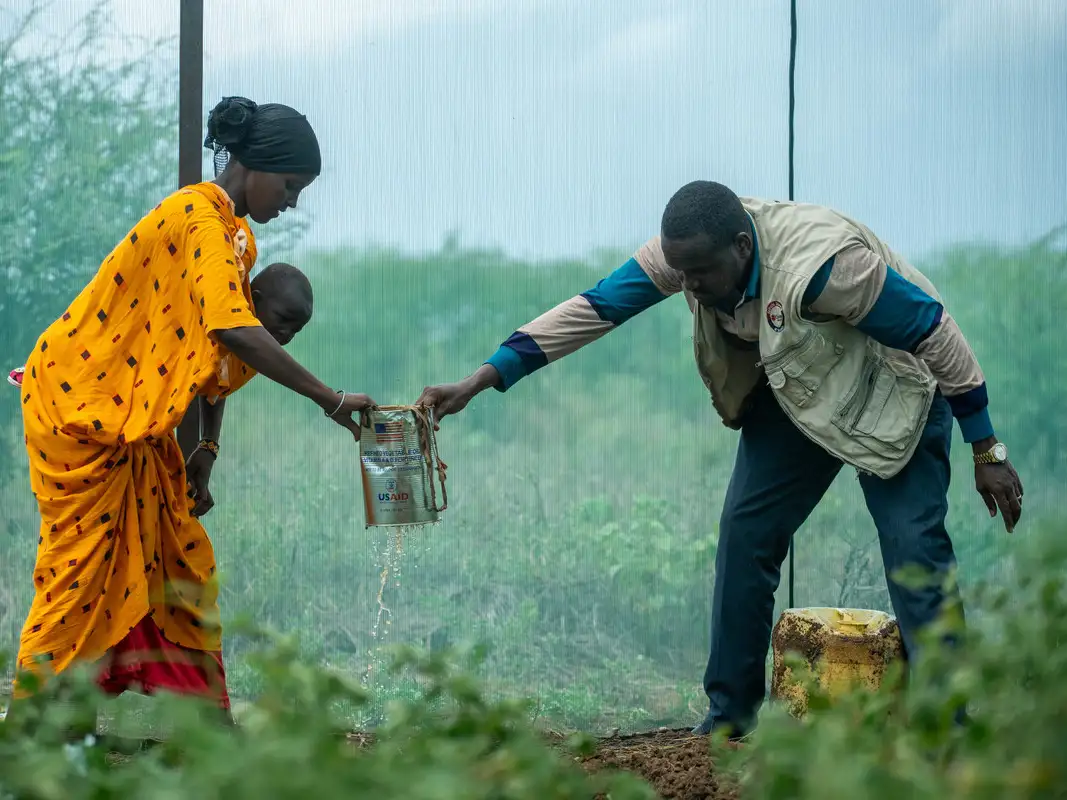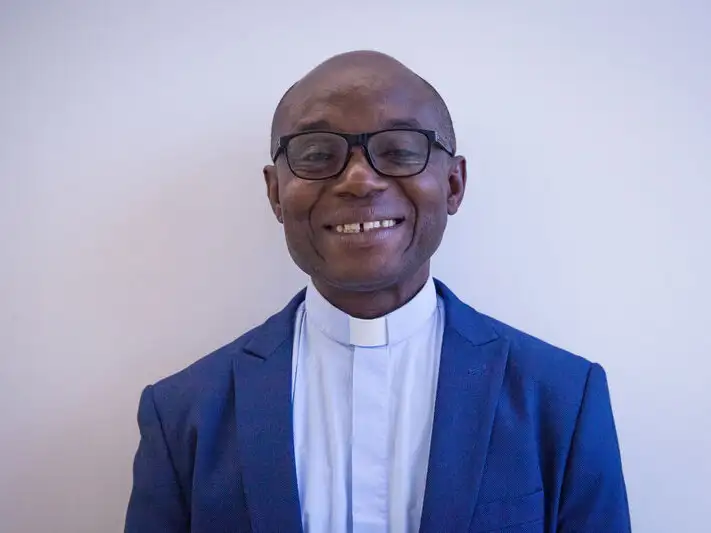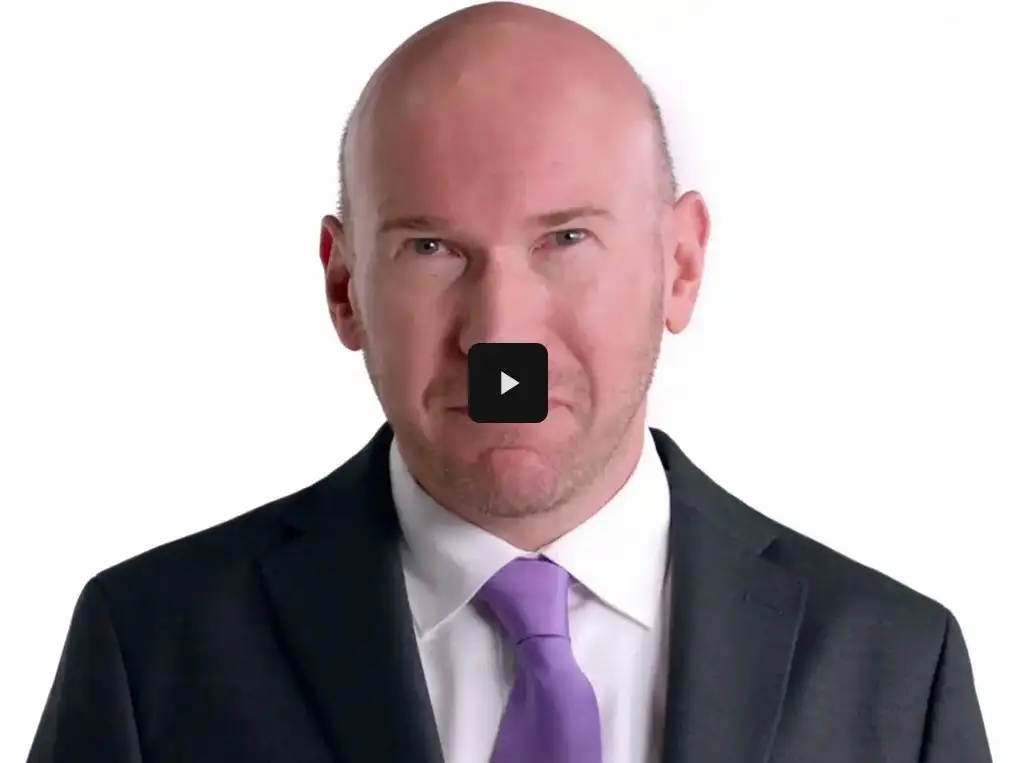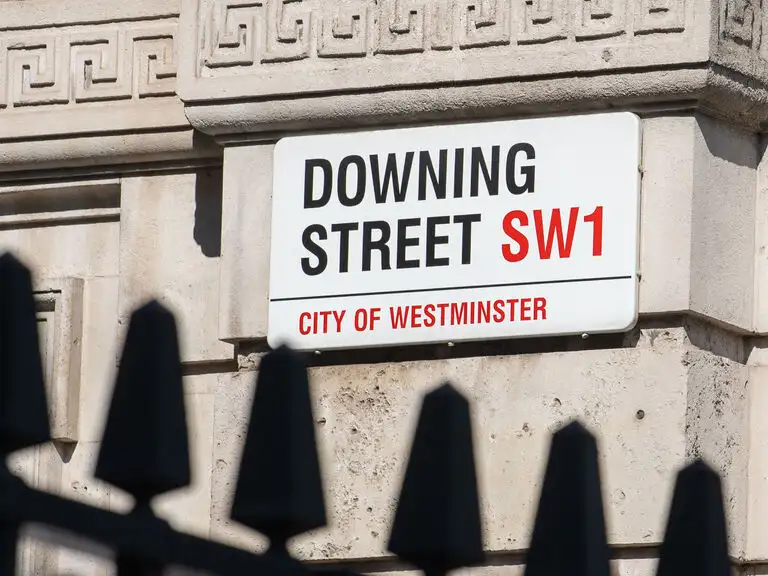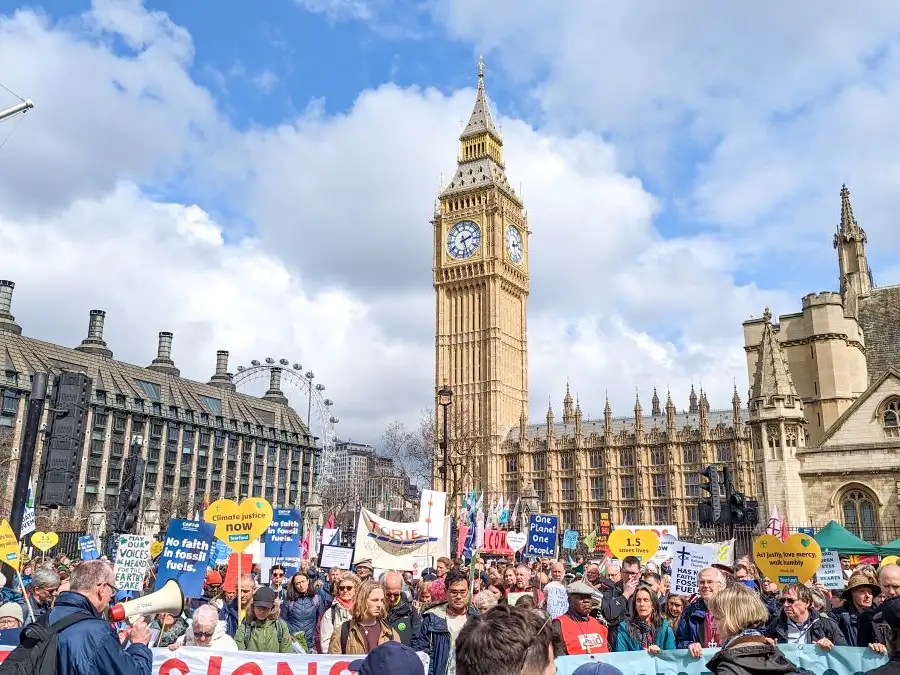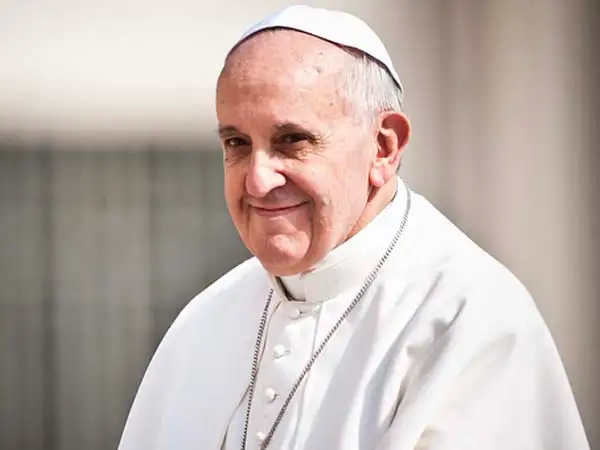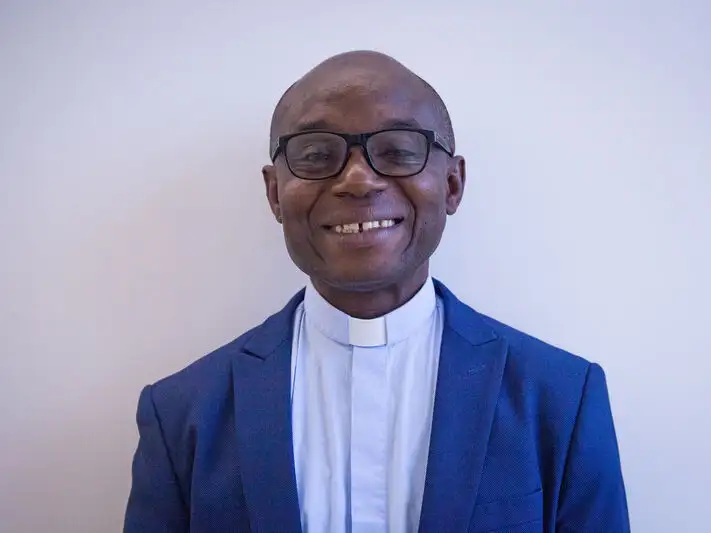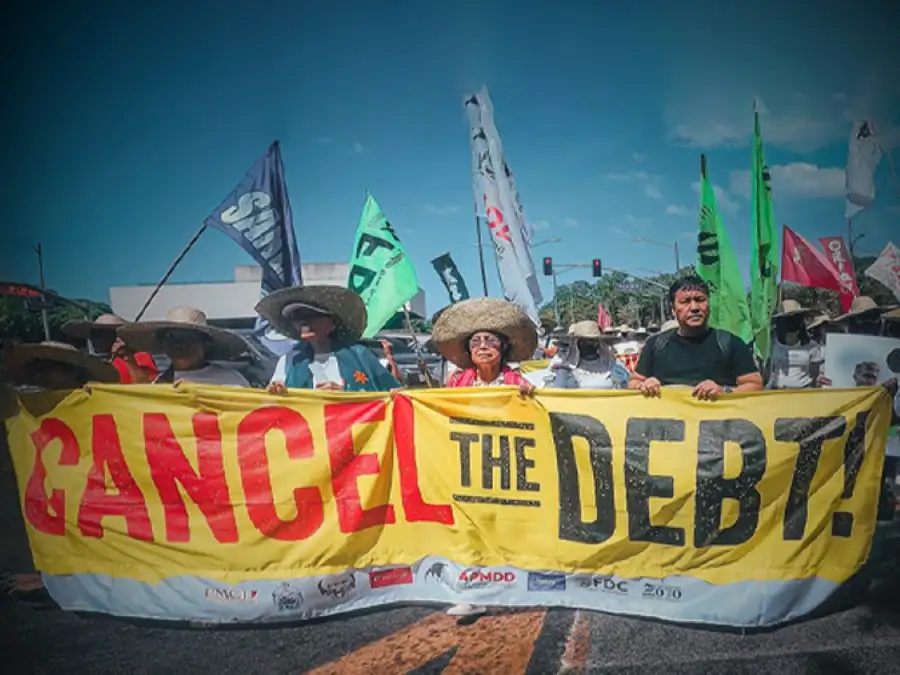Many of the world’s poorest countries have been plunged into a new debt crisis, and urgent action is needed to stop its devastating impact.
The number of low and middle-income countries in debt crisis has more than doubled since 2015: 54 countries are now in debt crisis compared with 22 countries in 2015.
Despite facing significant poverty burdens, countries are having to make huge repayments on high-interest loans to wealthy banks, institutions and governments, leaving them unable to properly fund essential services.
In Africa, 34 countries spend more on external debt payments than on health or education, when hospitals and schools are already desperately underfunded.
Debts are being paid at the expense of hiring doctors and teachers, building schools, hospitals and sewage systems, preparing for floods, or coping with droughts.
Often, countries have repaid their original debt several times over, but the debt will never be cleared because the interest on it keeps growing.
Latest news on global debt


Sandun Thudugala from the Law and Society Trust in Sri Lanka
In Sri Lanka, debt is having a devastating impact
Sri Lanka’s debt crisis has contributed to 25% of the population living in poverty, up from 13% three years ago. In 2022, the government spent 35% of its revenue on paying back debts.
Sandun Thudugala from the Law and Society Trust in Sri Lanka, says, “A normal person has to bear the burden of this debt crisis. There is no medicine in hospitals and equipment is not available. Families don’t have enough food.”
The Bible teaches us that money lending is about accompanying vulnerable people, not about profiteering. But in our current global system, powerful banks make huge profits from the vulnerability of poorer nations.
Pope Francis declared 2025 a Jubilee year, which in the Church is historically a time for cancelling debt and restoring equality. As we mourn Pope Francis, we honour his words. In a special message about the Jubilee year, he said:
"Another heartfelt appeal that I would make in light of the coming Jubilee is directed to the more affluent nations. I ask that they acknowledge the gravity of so many of their past decisions and determine to forgive the debts of countries that will never be able to repay them. More than a question of generosity, this is a matter of justice.”
Because the majority of loans granted by big banks are governed by English law, the UK government could legislate to force lenders to stop demanding payments from countries facing a debt crisis.
As record sums of money flow from the poorest nations to line the pockets of the world’s biggest banks, we're calling for urgent action on the global debt crisis in this Jubilee year.
Learn more about the debt crisis
Commissioned by Pope Francis, this report has a clear and urgent goal: to help build a global economy that serves people, especially the most vulnerable, and leaves no one behind.
Hear from Fr Charlie Chilufya, a priest based in Kenya and Director of JENA (Jesuit Justice and Ecology Network, Africa) who is an expert on the debt crisis and on the human suffering that this is causing in Kenya.
"Shouldn't all debts just be repaid?" Read the answer to this and other questions about the new global debt crisis.
This report outlines why, following the historic success of the Jubilee 2000 debt campaign, the world once again faces an acute global debt crisis in 2025.
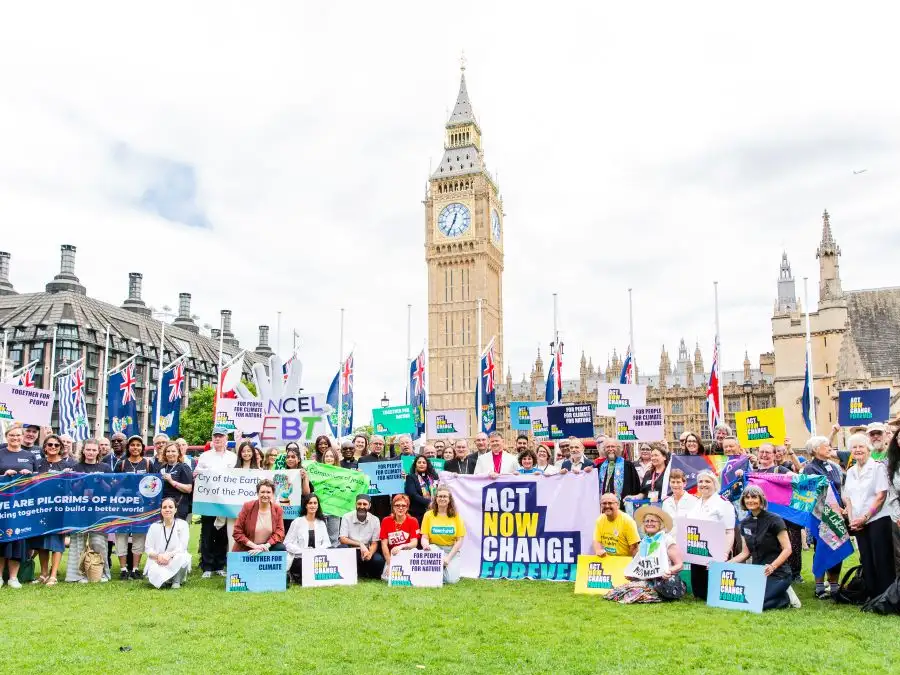
We need a Debt Justice Law
The world is currently facing the most acute debt crisis in history: 54 countries – from Kenya to Sri Lanka – are facing debt distress.
It’s the world’s poorest countries who are the worst affected, with many forced to spend more on payments to big banks, wealthy nations and global institutions than they spend on health, education or tackling the climate crisis.
And the time to act is now!


